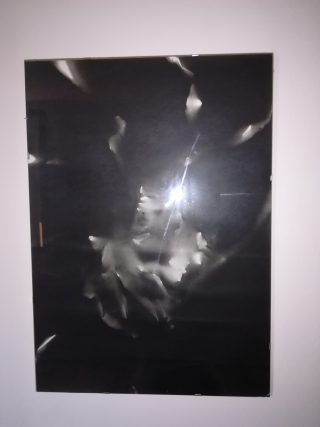Leopardi e gli Ufo?
Leopardi Giacomo all’età di 13 anni scrisse “La storia dell’astronomia dalla sua origine fino al 1811”.
Si tratta di un’ opera che testimonia il suo grande interesse per la scienza degli astri. Interesse che traspare anche da altre sue opere, per esempio nei “Canti”, ma è soprattutto la descrizione/citazione del nostro satellite naturale, Selene la Luna,
messaggera di luce capace di rischiarare la notte foriera di pericoli ed insidie, a colpire il lettore. Leopardi, inoltre, aveva una concezione ben precisa della scienza astronomica che doveva essere accompagnata, tassativamente. dallo studio della matematica. Senza quest’ultima, l’astronomia stessa sarebbe stata, come diceva, “scienza incertissima, frivola, inesatta e volgarissima”.
Nell’“Infinito”, opera del 1825, Leopardi ipotizza anche l’esistenza di altre forme di su pianeti
diversi dal nostro.
Un antesignano degli Ufo, quindi?
Oppure un attento lettore di Giordano Bruno?
News e spunti ulteriori su…
English Version
Leopardi Giacomo at the age of 13 wrote “La storia dell’astronomia dalla sua origine fino al
1811” “The history of astronomy from its origin up to 1811 ”, a work that testifies to his great interest in the science of the stars. Interest that springs also from his other works, for example in the “Canti”, but it is above all the description / quotation of the our natural satellite, a messenger of light capable of illuminating the night fraught with dangers and pitfalls, to hit the reader.
Moreover, Leopardi had a very precise conception of science astronomical that had to be accompanied, strictly speaking. from the study of mathematics.
Without the latter, astronomy itself would have been, as it said, “very uncertain science, frivolous and inexact”.
In the “Infinite” work of 1825, Leopardi also hypothesizes the existence of other forms of on planets
different from ours.
Latina Versio (latinorum)
Giacomo (Jacobus) Leopardi aetate XIII At ille scripsit “Historia Astronomiae de ejus usque ad originem MDCCCXI “, est magna cura opus suum ostendit quod in astris scientia. Utilitates lucet
cum ab aliis, puta “cantica” sed praecipue genus / re Naturalis satellite, angelum lucis capax pericula imminere illuminans noctem captiones aufugiamus, qui legit, ut rursus adveniat. Etiam ipsum intellectum scientiae Leonardum astronomiae habens potestatem absolutam. mathematica in studio. Absque hoc, quod idem esset astronomia, sicut ipse ait: «scientiae valde incertum, ne promiscua, vulgus inesattae”.
In infinito ‘a MDCCCXXV operis, Leopardi ex hoc insinuat quod formae aliarum planetarum
alia nostris.
